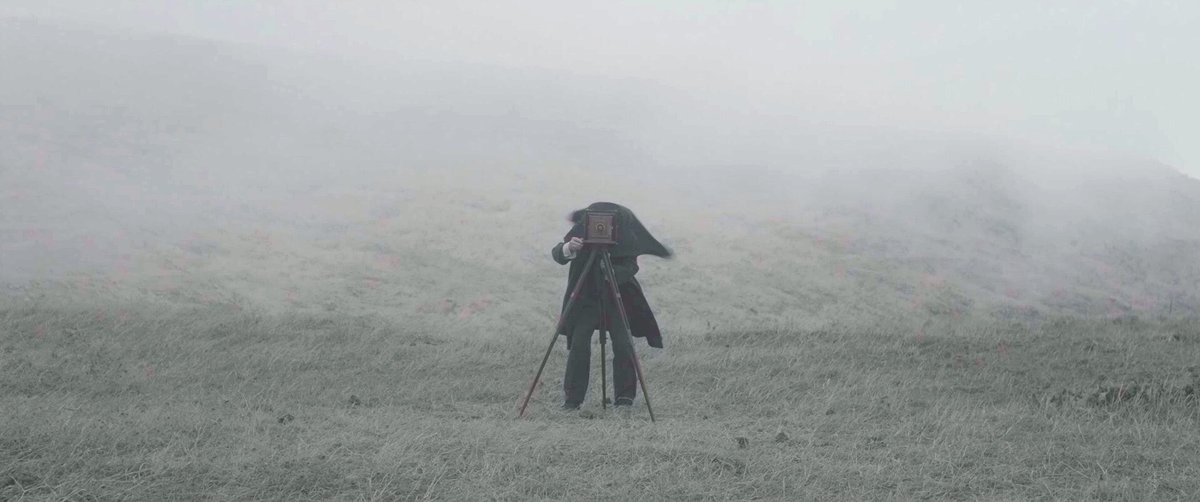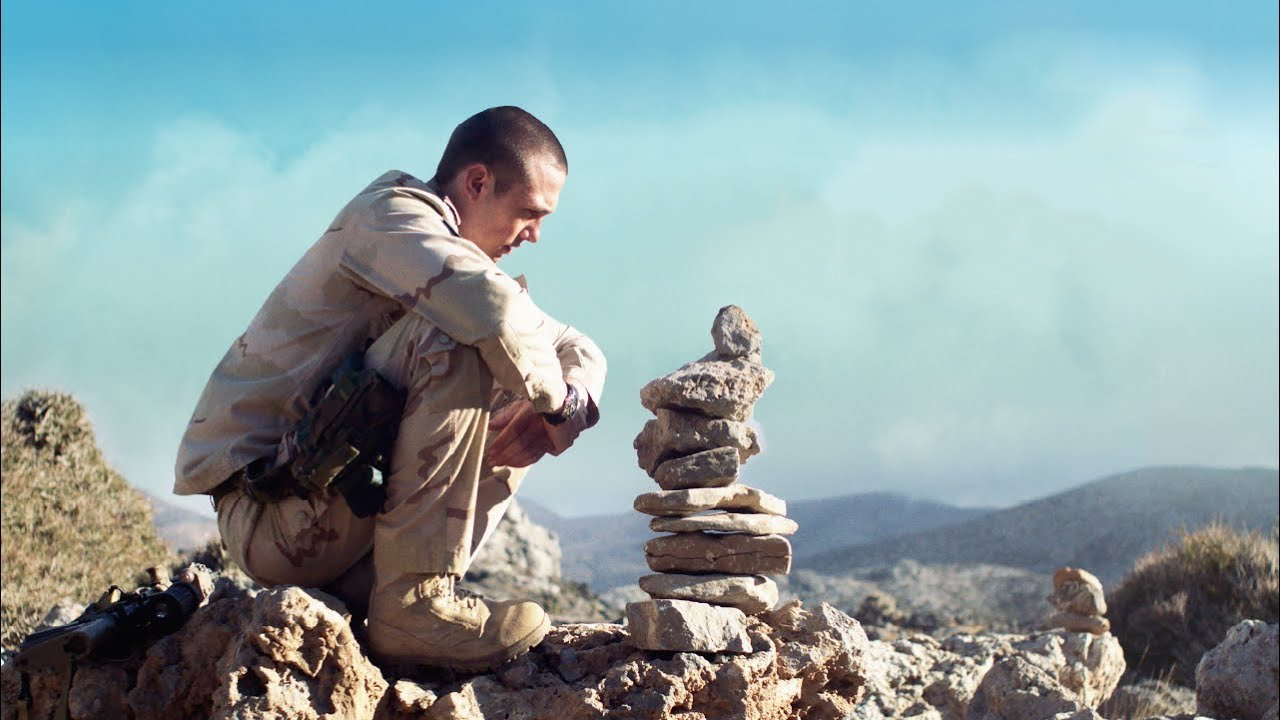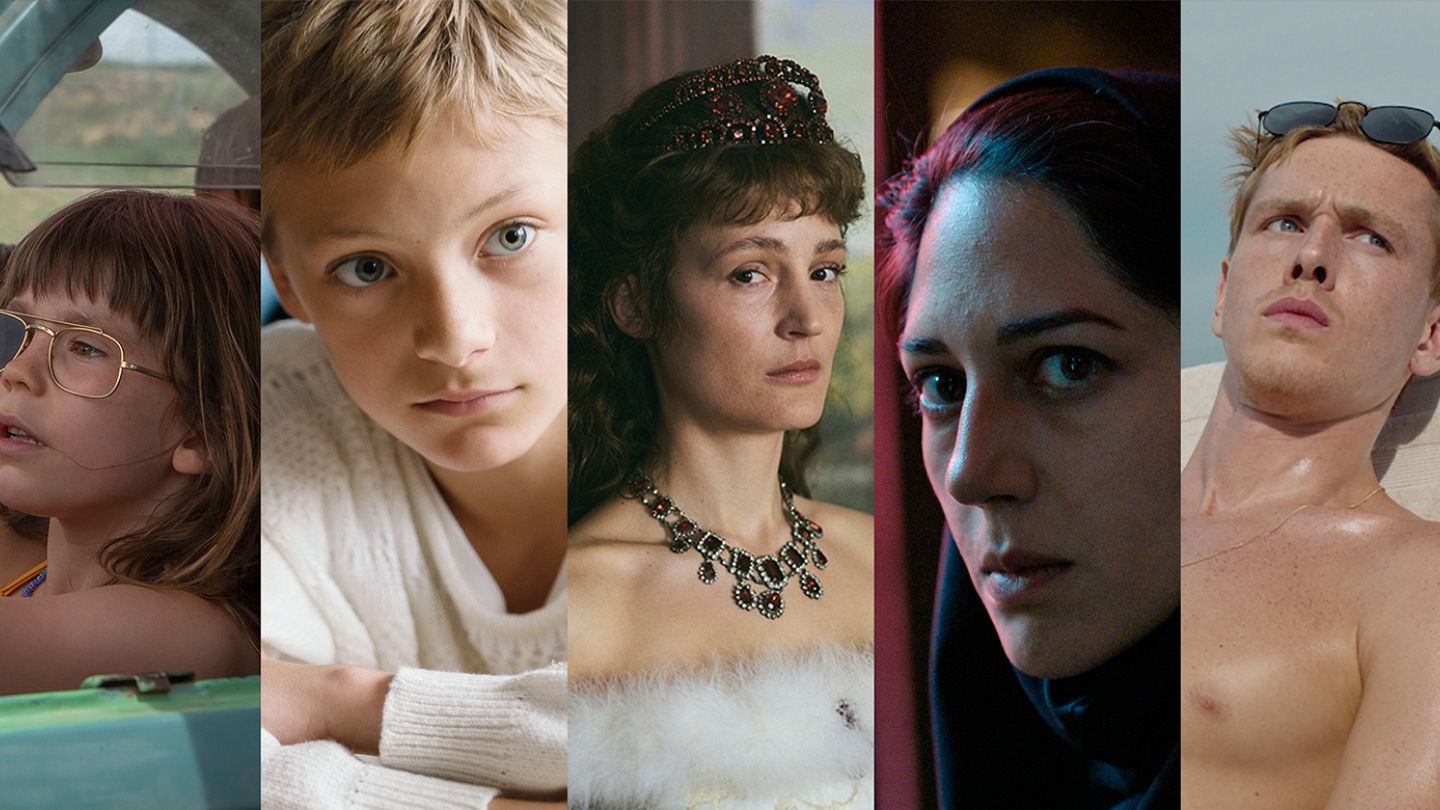I am pleased to present to you an annual Roundup of the least publicized applications for the Academy Award for best international film. Many of the main contenders have already been reviewed (see references at the end of this article), but others remain without consideration. Considering that there are 93 titles to consider, this will surely happen. So, waiting for December 21, when the Academy announces its list of the 15 finalists of this particular race, let’s take a look at some of these presentations, starting with the three previous Champions in the history of the category.
Chile has won once, while the Netherlands has won three Academy Awards and Spain has won four previous victories. This year, they presented a picture of colonialism, a drama about the hell war and a black comedy starring an Academy Award-winning international star…
White on White (Chile)
When you witness horrible things and do nothing, are you partially responsible for their existence? Passive observation can be a slippery slope, a way of perpetuating the status quo that tacitly blames its author directly. However, at a certain point, active evil becomes indistinguishable from vigilant tacit consent. Theo Court’s White on White explores these questions with a camera, both a film camera and a camera within the narrative. After all, it is the story of the photographer Pedro, who arrives at the beginning of the twentieth century in Tierra del Fuego with his camera, ready to capture portraits of a powerful landowner and his wife-son.

Played by Alfredo Castro, he is an insidious being, not an entity, focused on getting the perfect shot regardless of what is in front of the lens. In the first scene, he guides a young woman to demonstrate sensuality with the help of Vintage lace pieces. She unbuttons her wedding dress, shows her bare shoulders, venerealizing the baby in a way that reveals her own lust. Because of such desires, he has problems with his employer, forcing Peter to witness someone else’s cruelty. He takes photographs of the Land and its resources, of every site owned, including indigenous peoples treated like cattle, like parasites that white hunters must finish.
In this way, “white on white” becomes a reflection on genocides, terrifying stories captured in carefully crafted compositions whose beauty denounces the inherent inhumanity. At a languid pace, it is a slow film that will surely test the patience of many viewers, making alienation its goal. Cort’s formalist and political rigor, José Ángel Alayón Devora’s somber cinematography and Castro’s ability to project subtle malice make the film worthwhile, but it’s not for everyone. B
Don’t hesitate (Netherlands)
The introduction to Sharif Korver’s film “Don’t hesitate” shows the youthful energy of its protagonist. The pictures show a powerful intersection between innocence and eroticism, the pictures show a young man dressed only in shorts, playing drums, full of musical bravado. The camera looks at the thin muscles and pale skin, an inconsiderate expression of joy on the face of actor Joe Brouwer. Throughout the rest of the film, this childish enthusiasm will haunt the audience like a ghost of better times, highlighting what was lost between the beginning and the end of the film.

However, Eric de Brouwers turns out to be more of a monster than a victim, someone who was shaped by roughness until it materialized in her. Such is the transformation of military life, military regiments that turn children into executers, deprive humans of humanity, make machines of everything that falls into their open mouth. Feel free to follow him to the desert, an unnamed Middle Eastern country where European forces are stationed for no apparent reason. A car accident and the division of his unit cause Eric to find himself stranded with two other young soldiers waiting for help in a Beckett scenario perfect for amplifying the worst sides of each person.
The catalyst for the trio’s downfall was a local boy, a shepherd, whose goat was shot by panicked soldiers. Refusing to be ignored or bypassed by armed strangers, he becomes a prism through which the public can see the impact of war on the human psyche, how it promotes prejudice and distortion, how it infects all aspects of life with the temptation to roughness.. Writing is mechanical, reducing people to archetypes, functional symbols, cogs in the narrative mechanism. Nadim Carlsen’s exuberant cinematography is MVP, but Juho Nurmela and ella van der Wood’s score also deserves a round of applause. B-
Good Boss (Spain)
Light social review is one of the most common manifestations in the international race for the best film. Every year, bold works are ignored in favor of frivolous mediocrities that clearly address their themes. Distrust of the intelligence of the audience is never harmful, especially when combined with the populist need for meaningless enjoyment that smoothes out complexity and sharp faces are tarnished in polished nothingness. Therefore, it is not surprising that Spain presented a good boss, Fernando León de Aranoa, instead of Pedro Almodóvar’s parallel mothers, the director’s most complex and political film in its entire history. Compared to this complex exercise in melodrama sprinkled with historical reflections, a good boss is simple to simplify.

In any matter, when we look at it directly, apart from the critical analogy with other Spanish films, this black comedy has its charms. In particular, it is based on the remarkable performance of Javier Bardem in the role of a greedy and award-winning industrialist whose hypocrisy is the main attraction of the story. Like the insincere personified, Bardem plays Blanco as the opposite of the title, minimizing every good deed with calculating coldness and a smile. Morality for this man is a matter of appearance, and nothing in his capitalist world contradicts that philosophy. It’s a shame for all the people who should be crushed by their success.










